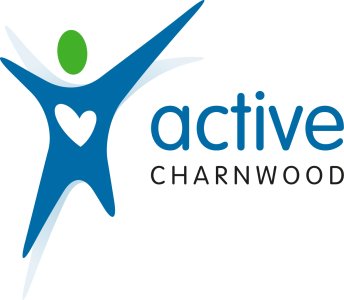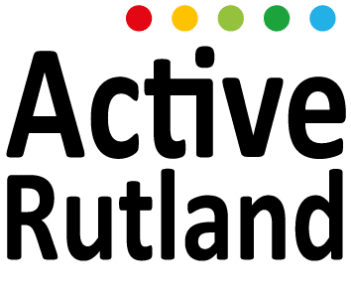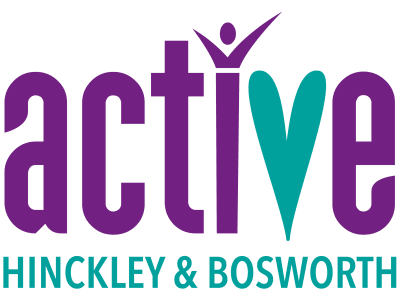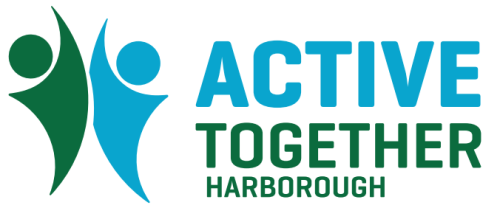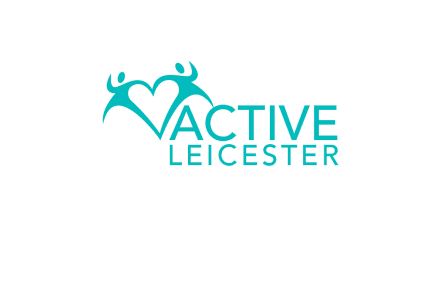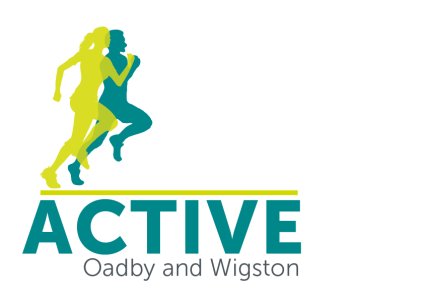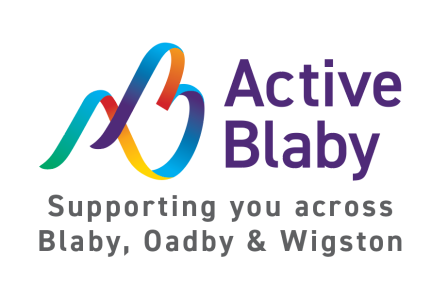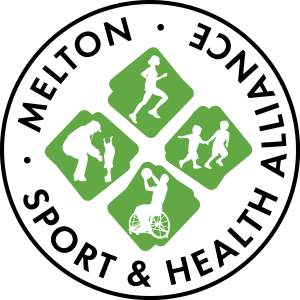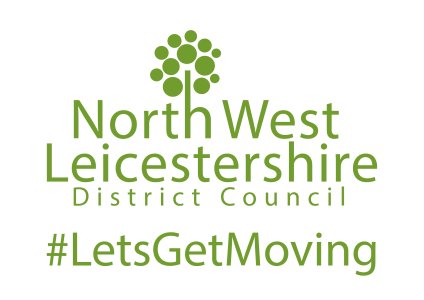Multiple Sclerosis (MS) is a neurological condition that affects the brain and spinal cord that causes a range of symptoms including problems with vision, movement, sensation, or balance. Symptoms vary from person to person and can be invisible to others so it may be that you look well even when you are feeling unwell which can be a challenge in itself. Currently, 107,300 people in the UK have MS, which is roughly 1 in 500 people. With a population of around 722,000, this is equal to around 1,444 people in Leicestershire currently with MS.
However MS affects you, exercising and staying active can help you stay as healthy as possible. It can:
- Improve your mood
- Improve some of your symptoms, including fatigue, problems with balance and walking
- Improve your overall health when your MS is mild
- Help you stay as active as possible when your MS is more severe
- Decrease the risk of heart disease
Frequently Asked Questions - MS
Rebecca's Story
"I changed the way I was looking at things and stopped focusing on what I had lost and started looking at what I could do with what I still had." - Rebecca
Visit We Are Undefeatable for more information and inspiration on getting active.
You can also meet our Let's Get Moving Champions who share their inspirational stories on how they have become and stayed active this year!
Get Active
If you are ready to move more and feel better, there are a range of activities and sessions to help you meet your activity goal. Be sure to find something you enjoy!
-
Lots of information and ideas on how to keep yourself healthy and active whilst staying at home or working from home.
-
Getting active, my way: What's near me?
This resource is here to help you find your local parks, open spaces, walking and cycling routes, and give you some ideas on what to do when you get there.
-
Thinking about having a go at walking, running, or cycling? It's a great way to get out in your local area and move a little more.
-
A selection of physical activity programmes for people with medical conditions, whose health would benefit from being more active.
Resources for MS
-
A detailed overview of Multiple Sclerosis, including the symptoms, importance of diagnosis and further support.
-
A charity that helps make sense of MS. For over 30 years, MS Trust have supported people affected by MS throughout their diagnosis and journey.
-
MS Society funds world-leading research, shares the latest information, and campaigns for everyone's rights.
You are performing the exercises linked from our website at your own risk.
Whilst every effort has been made to verify the information on the Cancer page, Active Together is not responsible for the accuracy or content of external websites. Whilst taking part in physical activity, participants should ensure they take part at a level which is appropriate to them and their health and are responsible for ensuring they check the credentials and health and safety requirements for each activity. It is recommended that participants follow the Chief Medical Officers Guidelines for physical activity. Participants will choose to utilise these links and take part in activities at their own risk.
For Healthcare Professionals
It is important to have conversations with those living with MS about the importance of physical activity. Physical activity as a prevention and treatment for long-term health conditions is a consensus backed by rigorous evidence.
Our Active Medicine page supports local healthcare professionals with promoting the benefits of physical activity, including Physical Activity and Health training, E-Learning resources, and healthy conversation skills.
The fantastic Moving Medicine resource hosts step-by-step guides to have quality conversations with patients about physical activity for MS- from 1 - 5 minute conversation opportunities.
References
- https://www.mssociety.org.uk/about-ms/what-is-ms
- https://www.nhs.uk/conditions/multiple-sclerosis/
- https://mstrust.org.uk/information-support/about-ms/what-is-ms?utm_medium=ppc&utm_source=adwords&utm_campaign=SS%20%7C%20Search%20%7C%20Multiple%20Sclerosis&utm_term=ms&hsa_acc=6635963470&hsa_src=g&hsa_grp=98929471197&hsa_kw=ms&hsa_ver=3&hsa_tgt=kwd-84770271&hsa_mt=e&hsa_ad=424742054844&hsa_net=adwords&hsa_cam=82218077&gad=1&gclid=EAIaIQobChMI_PHrw-q__wIVqYBQBh1WJggvEAAYASAAEgI8R_D_BwE
- https://www.mssociety.org.uk/what-we-do/our-work/our-evidence/ms-in-the-uk
- https://www.nationalmssociety.org/Living-Well-With-MS/Diet-Exercise-Healthy-Behaviors/Exercise
- https://mstrust.org.uk/information-support/exercise-ms/starting-exercise
- https://www.mssociety.org.uk/care-and-support/everyday-living/staying-active/ms-and-exercise
- https://movingmedicine.ac.uk/riskconsensus/
- https://www.webmd.com/multiple-sclerosis/multiple-sclerosis-exercise#:~:text=The%20most%20important%20thing%3A%20Don,to%20the%20point%20of%20fatigue









